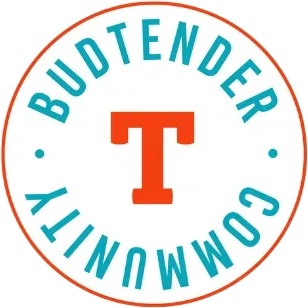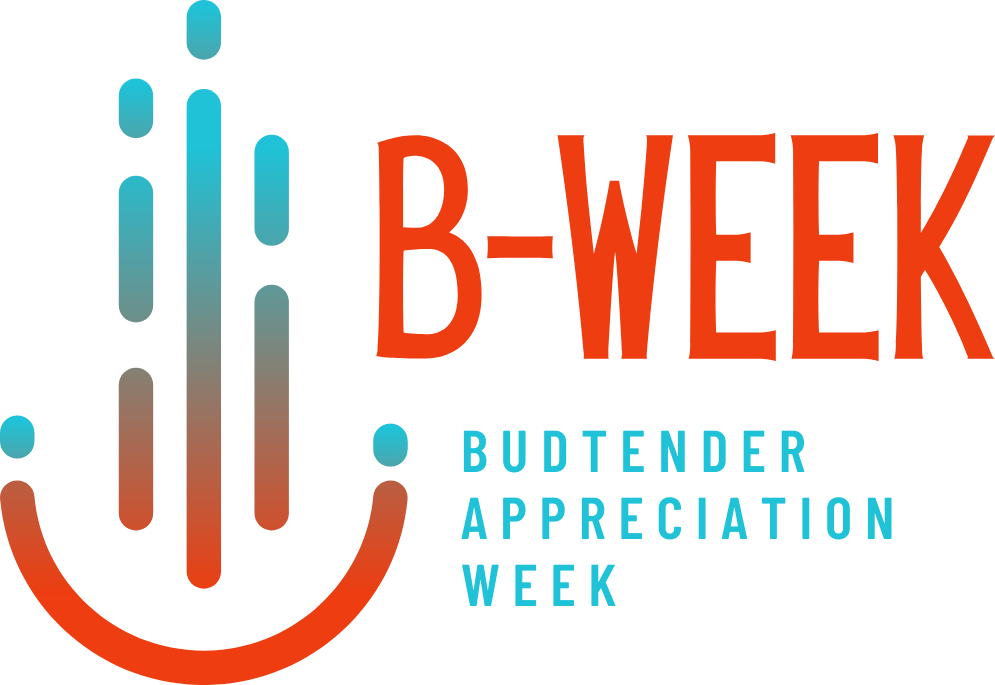In December 2018, Congress passed the 2018 Farm Bill, a landmark legislation that legalized the cultivation and sale of industrial hemp and it’s derivatives after decades of prohibition. Cannabidiol, a hemp extract with medical capabilities, quickly grew in popularity, resulting in an unregulated market worth millions of dollars in sales. For months, advocates, stakeholders, and some lawmakers have urged the U.S. Food and Drug Administration (“FDA”) to create a comprehensive regulatory structure for the industry.
On Tuesday, the agency finally released draft guidance on developing cannabis-based drugs, weeks after the White House announced that it had finished reviewing the draft guidance. The published document states that the guidance is “limited to the development of human drugs and does not cover other FDA regulated products.” As the FDA is still developing guidelines that would allow CBD to be marketed and sold as a food item or supplement, the draft document is meant to provide guidance for drug manufacturing.
“A range of stakeholders have expressed interest in the development of drugs that contain cannabis and other compounds found in cannabis. Recent legislative changes have also opened new opportunities for cannabis clinical research. As that body of research progresses and grows, the FDA is working to support drug development in this area,” says FDA Principal Deputy Commissioner Amy Abernethy. The legislative change she refers to is the 2018 Farm Bill which legalized industrial hemp with less than 0.3% THC. Thus, researchers can use industrial hemp from any source as long as it doesn’t have excess THC, not just from the University of Mississippi, the country’s only federally authorized marijuana manufacturer.
The new document stresses on THC testing, stating that sponsors and investigators may find it useful to calculate the level of delta-9 THC in their proposed investigational drug product early in the development process to gain insight into the potential control status of their product. “Regardless of whether cannabis or a cannabis-derived compound meets the definition of hemp, sponsors and applicants should work with reliable laboratories for analytical testing.”
It also gives step by step guidance on how to test for THC on a dry weight basis according to the FDA’s standards. In a Federal Register notice accompanying the new draft guidance, the agency asked for comments from the public on their recommended approach to testing for THC. The FDA has opened a 60-day comment period for stakeholders to offer their opinions on the proposed research guidelines.
It would be great to hear what the initial reactions of entities like VIVO Cannabis Inc. (TSX.V: VIVO) (OTCQX: VVCIF) are regarding the research guidelines published by the FDA.
About CNW420
CNW420 spotlights the latest developments in the rapidly evolving cannabis industry through the release of two informative articles each business day. Our concise, informative content serves as a gateway for investors interested in the legalized cannabis sector and provides updates on how regulatory developments may impact financial markets. Articles are released each business day at 4:20 a.m. and 4:20 p.m. Eastern – our tribute to the time synonymous with cannabis culture. If marijuana and the burgeoning industry surrounding it are on your radar, CNW420 is for you! Check back daily to stay up-to-date on the latest milestones in the fast -changing world of cannabis.
To receive instant SMS alerts, text CANNABIS to 21000 (U.S. Mobile Phones Only)
For more information please visit https://www.CNW420.com
Please see full terms of use and disclaimers on the CannabisNewsWire website applicable to all content provided by CNW420, wherever published or re-published: http://CNW.fm/Disclaimer
Do you have questions or are you interested in working with CNW420? Ask our Editor
CannabisNewsWire420
Denver, Colorado
http://www.CNW420.com
303.498.7722 Office
Editor@CannabisNewsWire.com
CNW420 is part of the InvestorBrandNetwork.



















